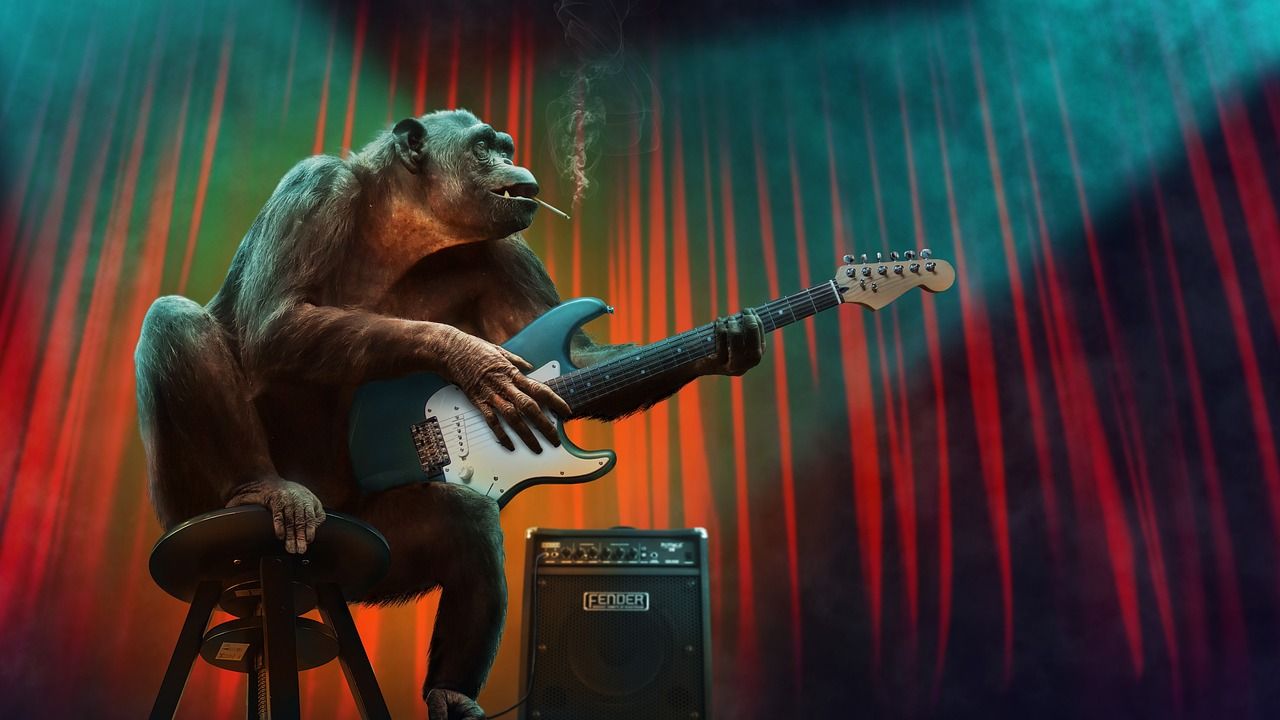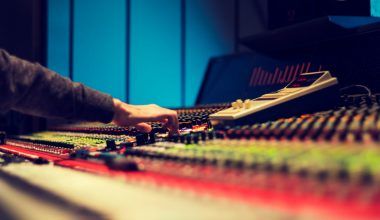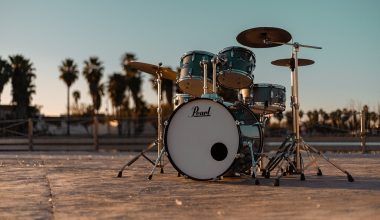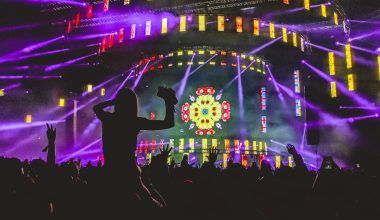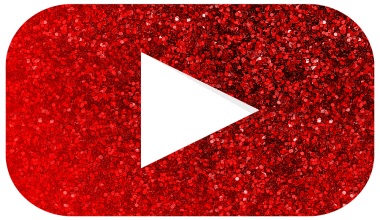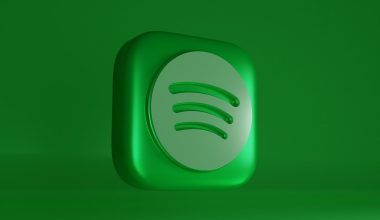Finding gigs is a critical part of a musician’s career, offering both financial rewards and opportunities to build a fan base. In 2024, the landscape for getting gigs has evolved, influenced by technological advancements, changing industry practices, and new platforms. This comprehensive guide will provide you with actionable strategies and tips on how to get gigs in 2024.
The music industry has always been dynamic, with trends and best practices constantly evolving. As we step into 2024, musicians must adapt to new ways of booking gigs and reaching audiences. This guide will cover the essential steps on how to get gigs in 2024, helping you navigate this competitive landscape and maximize your opportunities.
Understanding the Current Gig Landscape
Before diving into strategies, it’s important to understand the current gig landscape. The COVID-19 pandemic drastically changed how live music is consumed, with a significant shift towards virtual performances. However, in 2024, live in-person gigs are making a strong comeback, supplemented by hybrid events combining live and virtual elements.
Venues are looking for artists who can draw a crowd and engage audiences both in-person and online. This hybrid model requires musicians to be versatile, tech-savvy, and proactive in their promotional efforts.
Building a Strong Online Presence
A strong online presence is crucial for getting gigs in 2024. Here’s how to build and maintain it:
1. Professional Website
Your website serves as your online business card. It should include:
- Bio: A compelling biography that tells your story.
- Music: High-quality recordings of your music.
- Videos: Live performance videos and music videos.
- Photos: Professional photos for media use.
- Contact Information: Easy-to-find contact details.
- Tour Dates: An updated list of upcoming shows.
- Blog: Regular updates about your music journey.
Active social media profiles on platforms like Instagram, Facebook, TikTok, and YouTube are essential. Consistently posting engaging content will help you build a loyal following and increase your visibility.
Social media platforms are powerful tools for promoting your music and booking gigs. Here’s how to effectively use them:
Instagram is a visual platform perfect for showcasing your music and personality. Utilize stories, posts, reels, and IGTV to connect with your audience.
- Stories: Share daily updates and behind-the-scenes content.
- Reels: Post short, engaging videos of your performances or music creation process.
- IGTV: Upload longer videos, such as full performances or vlogs.
- Engagement: Respond to comments and messages to build relationships with your followers.
Facebook remains a valuable platform for promoting events and engaging with a broader audience.
- Events: Create and promote events to reach local audiences.
- Groups: Join and participate in music-related groups to network with other musicians and industry professionals.
- Ads: Use Facebook Ads to target specific demographics and promote your gigs.
YouTube
YouTube is ideal for sharing longer-form content and building a subscriber base.
- Music Videos: Upload high-quality music videos.
- Live Streams: Host live performances and Q&A sessions.
- Tutorials: Share tutorials on your music creation process.
Networking and Relationships
Building strong relationships within the music industry is key to booking gigs. Here are ways to network effectively:
Local Music Scene
Get involved in your local music scene by attending shows, open mics, and jam sessions. Building relationships with other musicians, venue owners, and promoters can lead to gig opportunities.
Online Communities
Join online communities and forums related to your genre. Participate in discussions, share your music, and connect with other musicians and industry professionals.
Industry Events
Attend industry events such as music conferences, festivals, and workshops. These events provide opportunities to network with industry professionals and learn about the latest trends.
Using Music Platforms and Gig-Finding Apps
Several platforms and apps can help you find gigs and promote your music:
Gig Booking Websites
Websites like GigSalad, GigMasters, and Sonicbids connect musicians with event planners and venues. Create a compelling profile and apply for gigs that match your style.
Music Streaming Services
Platforms like Spotify, Apple Music, and SoundCloud are essential for promoting your music. Active profiles on these platforms can attract the attention of promoters and fans.
Creating an Impressive EPK (Electronic Press Kit)
An EPK is a digital resume that showcases your music career. It should include:
- Bio: A detailed biography.
- Music: High-quality recordings.
- Videos: Live performance and music videos.
- Photos: Professional photos.
- Press Coverage: Any media coverage or reviews.
- Contact Information: Easy-to-find contact details.
A well-crafted EPK can make a strong impression on promoters and venue owners.
Approaching Venues and Promoters
Approaching venues and promoters requires preparation and professionalism. Here’s how to do it effectively:
Research
Research venues that align with your music style and audience. Understand their booking process and the types of artists they typically host.
Pitch
Craft a compelling pitch that highlights your achievements, fan base, and what makes you unique. Include your EPK and links to your music and social media profiles.
Follow-Up
Follow up after sending your pitch. A polite follow-up can remind promoters of your interest and keep you on their radar.
Leveraging Live Streaming
Live streaming remains a powerful tool for musicians. Platforms like Twitch, YouTube, and Instagram Live allow you to perform for a global audience.
- Regular Streams: Schedule regular live streams to build a consistent audience.
- Engagement: Interact with viewers through chat and shoutouts.
- Promotion: Promote your live streams on your social media profiles and website.
Collaborating with Other Artists
Collaborations can expand your audience and open new gig opportunities. Here’s how to collaborate effectively:
Finding Collaborators
Use social media, music forums, and local music scenes to find potential collaborators. Look for artists whose style complements yours.
Planning Collaborations
Plan your collaborations carefully. Discuss goals, roles, and how you’ll promote the collaboration.
Promoting Collaborations
Promote your collaborations on your social media profiles, websites, and music platforms. Cross-promotion can introduce you to new audiences.
Marketing and Promotion
Effective marketing and promotion are crucial for booking gigs and building your audience. Here are some strategies:
Email Marketing
Build an email list and send regular newsletters to your fans. Share updates, upcoming gigs, and exclusive content.
Use social media ads to target specific demographics and promote your gigs. Platforms like Facebook and Instagram offer detailed targeting options.
Press Coverage
Seek press coverage for your music and gigs. Reach out to local newspapers, magazines, and blogs with your press releases.
Preparing for Your Gig
Preparation is key to delivering a successful gig. Here’s how to prepare:
Rehearsals
Schedule regular rehearsals to ensure your performance is polished. Practice your setlist and transitions.
Equipment
Check your equipment and ensure everything is in working order. Have backups for essential items like strings, cables, and batteries.
Promotion
Promote your gig through all available channels. Use social media, email, and posters to spread the word.
Monetizing Your Gigs
Maximize your earnings from gigs with these strategies:
Ticket Sales
Promote your ticket sales through all channels. Offer early-bird discounts or bundle deals to boost sales.
Merchandise
Sell merchandise at your gigs. Offer a variety of items like t-shirts, posters, and CDs.
Sponsorships
Seek sponsorships from local businesses. In exchange for promotion and visibility at your gigs, local businesses can provide financial support or in-kind contributions, such as equipment or marketing assistance.
Crowdfunding
Use crowdfunding platforms like Patreon, Kickstarter, or GoFundMe to raise money for your gigs. Offer exclusive rewards to your backers, such as VIP tickets, meet-and-greet opportunities, or personalized merchandise.
Overcoming Challenges
Getting gigs in 2024 will come with its own set of challenges. Here’s how to overcome some common obstacles:
Competition
The music industry is highly competitive, with many talented artists vying for the same gigs. To stand out:
- Unique Selling Proposition: Highlight what makes you unique. This could be your style, stage presence, or a specific talent.
- Professionalism: Always present yourself professionally. This includes how you communicate with venues and promoters, your online presence, and your performance.
Rejection
Rejection is a part of the process. Not every pitch will result in a gig, but don’t be discouraged:
- Persistence: Keep trying and refining your approach. Learn from feedback and continuously improve.
- Networking: Build relationships within the industry. Sometimes, it’s about who you know.
Financial Constraints
Getting gigs often requires an initial investment, whether it’s for equipment, promotion, or travel. To manage finances:
- Budgeting: Create a budget for your music career. Track your income and expenses to stay on top of your finances.
- Funding Sources: Look for grants, sponsorships, and other funding sources specifically for musicians.
Keeping Up with Trends
The music industry is constantly evolving, and staying current with trends is crucial:
- Education: Continuously educate yourself about the industry. Attend workshops, read industry publications, and stay active in music communities.
- Flexibility: Be flexible and willing to adapt your strategies. What worked last year might not work this year.
Conclusion
Booking gigs in 2024 requires a combination of traditional methods and modern strategies. By understanding the current landscape, building a strong online presence, leveraging social media, and utilizing various platforms and apps, you can effectively promote your music and secure more gigs. Networking, collaboration, and continuous learning are key components in this journey. Remember, persistence and professionalism will set you apart in a competitive industry. Start exploring these strategies on how to get gigs in 2024 and elevate your music career to new heights.
FAQs
Q: How can I increase my chances of getting gigs?
A: Increase your chances by building a strong online presence, networking, creating a professional EPK, and continuously promoting your music through various channels.
Q: What are some effective ways to promote my gigs?
A: Promote your gigs through social media, email marketing, local press, and by collaborating with other artists. Using social media ads can also help reach a wider audience.
Q: How do I approach venues and promoters?
A: Research venues that fit your music style, craft a compelling pitch, include your EPK, and follow up politely. Building relationships with venue owners and promoters is also beneficial.
Q: What should I include in my EPK?
A: Include a detailed bio, high-quality music recordings, live performance videos, professional photos, press coverage, and contact information.
Q: How can I leverage live streaming for gigs?
A: Use platforms like Twitch, YouTube, and Instagram Live to perform for a global audience. Schedule regular live streams, engage with viewers, and promote your streams through all available channels.
Q: How do I monetize my gigs?
A: Monetize your gigs through ticket sales, merchandise, sponsorships, and crowdfunding. Consider offering exclusive content or experiences to increase revenue.
Q: What are some common challenges in getting gigs and how can I overcome them?
A: Common challenges include competition, rejection, financial constraints, and keeping up with trends. Overcome these by highlighting your unique selling proposition, staying persistent, managing your finances, and continuously educating yourself about the industry.
Q: How important is networking in getting gigs?
A: Networking is crucial. Building relationships within the music industry can lead to gig opportunities, collaborations, and valuable industry insights.
By following these guidelines and adapting to the changing landscape, you can effectively navigate how to get gigs in 2024 and build a successful music career.
For further reading, explore these related articles:
- Deliver My Tune’s Exciting New Services!
- How to Get Verified on Instagram & Facebook?
- How to Get Verified on Spotify?
For additional resources on music marketing and distribution, visit Deliver My Tune.
